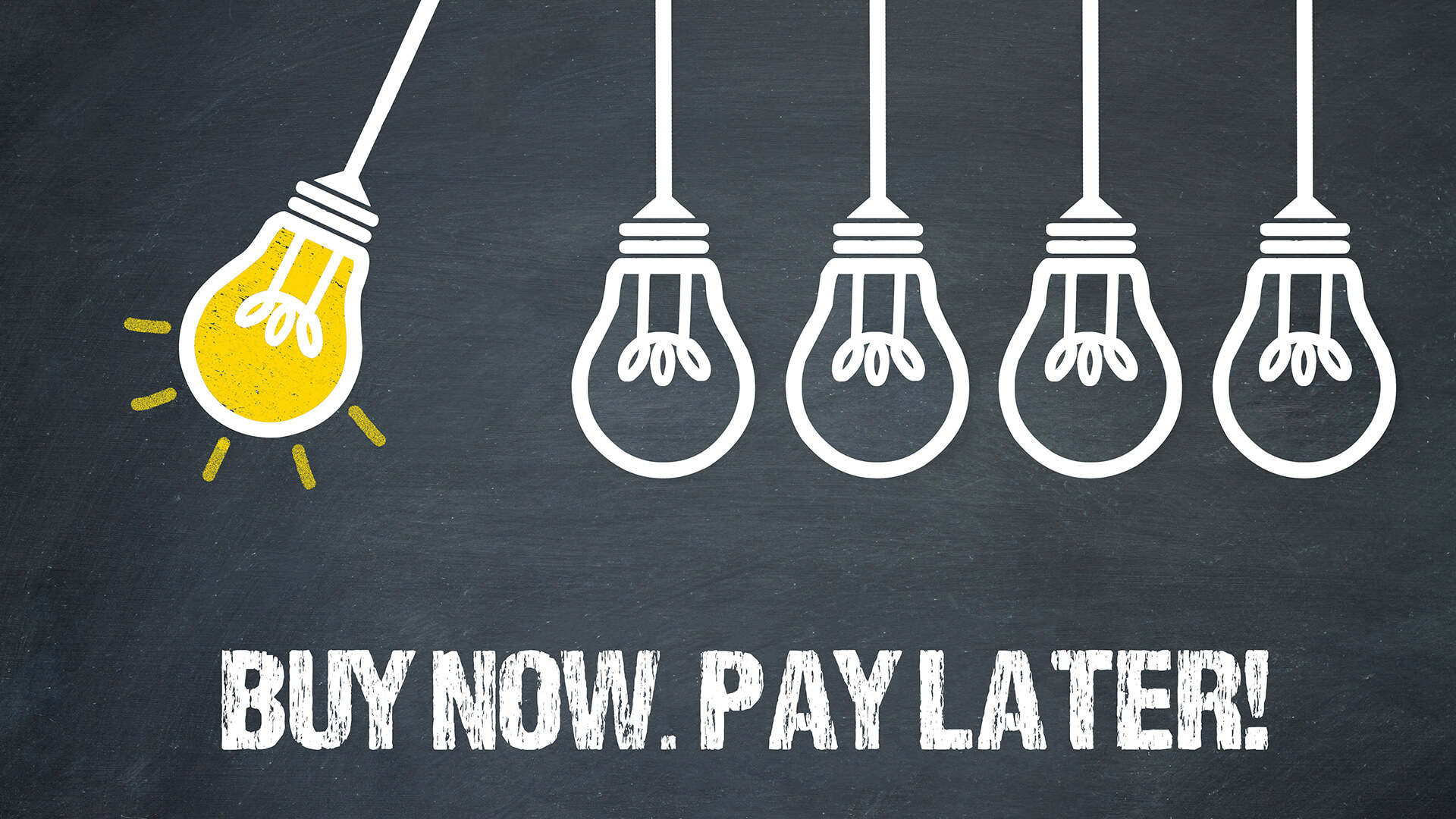Regulations Changing on Buy Now Pay Later Schemes
The Buy Now Pay Later industry was reported to be worth almost £3billion, as of 2020, and has only grown since then.
However, in recent developments, the FCA announced in mid-February that BNPL platforms have revised their terms, which previously allowed them to terminate, suspend or restrict access to customer accounts for any reason without notice.
Under the previous terms, customers may have had to continue paying instalments on refunded items until sellers notified platforms that returned items had been received, however, this too is changing as part of the new FCA regulations.
Research claims 5.2 million people own one or more buy now, pay later products, however, it was reported that customers using these schemes are more likely to be struggling with their finances.
What is Buy Now Pay Later?
When a customer is in need of a product that they can’t currently afford to buy outright, this is where the Buy Now Pay Later schemes come in handy.
Buy Now Pay Later schemes pretty much do exactly what they say, you get the opportunity to buy something without having to pay for it until a later date. Some of these schemes give you 30 days to pay, whereas others can be more lenient and give you up to 12 months.
What are the additional fees associated with BNPL?
In general, if you repay the price of what you bought within the delay period you won’t pay any interest. That’s because these periods are usually interest-free.
If you use BNPL carefully, you could delay paying for something for several months, or even a year, and not pay a penny in interest. Many of the big firms won’t charge you any interest if you clear your balance before your delay period is up – even if you only pay the day before.
Alternatively, some offers allow you to spread the cost over a longer period but interest may be charged at a high rate, for example 39.9% APR.
However, BNPL can quickly become expensive if you don’t make your repayments on time.
If you don’t clear your debt before the delayed period is up, some providers will ask for a settlement fee or a lump sum of interest may be added to the debt.
On top of that, you may be charged late payment fees too. Missed payments could also be recorded on your credit report and affect your credit score.
How is the Regulation Changing on BNPL?
At the moment, the BNPL schemes currently lack any stringent regulation, so the FCA used the broader legislation of the Consumer Rights Act to assess the fairness and transparency of terms used by companies who offer BNPL schemes. The major BNPL merchants include Klarna, Clearpay, Laybuy and Openpay.
FCA regulators have expressed concerns about BNPL providers, as they say the schemes could encourage spending even when users cannot afford it. For example, UK-based BNPL merchant, Zilch, were criticised in January 2022 for encouraging shoppers to use the service to buy supermarket treats like cheap pizzas, which resultantly raised concerns about debt.
The statistics suggest that a third of millennials who have used BNPL schemes have been charged with late payment fees, according to research by financial literacy charity The Centre for Financial Capability.
Another concern is that without effective credit checks in place, consumers could find themselves in a debt spiral due to making purchases across multiple services.
Therefore, the recent changes to regulation on BNPL schemes are intended to protect the consumer, which include stopping the instalment payments in instances of refunds or returns, and preventing accounts being terminated without cause.







